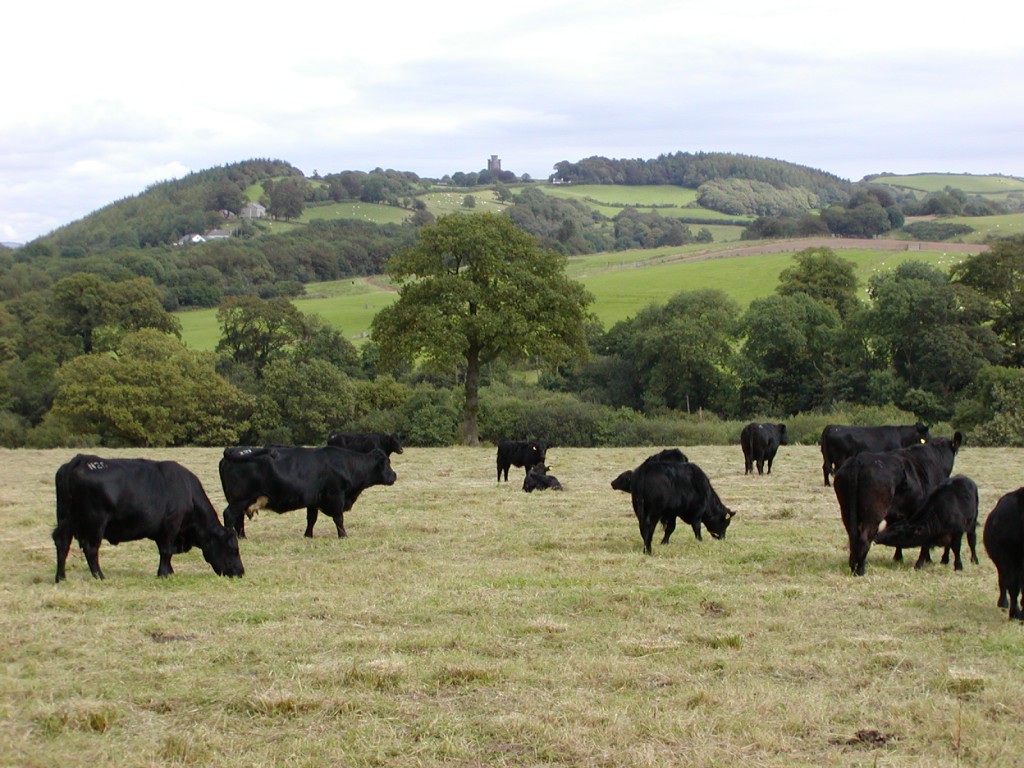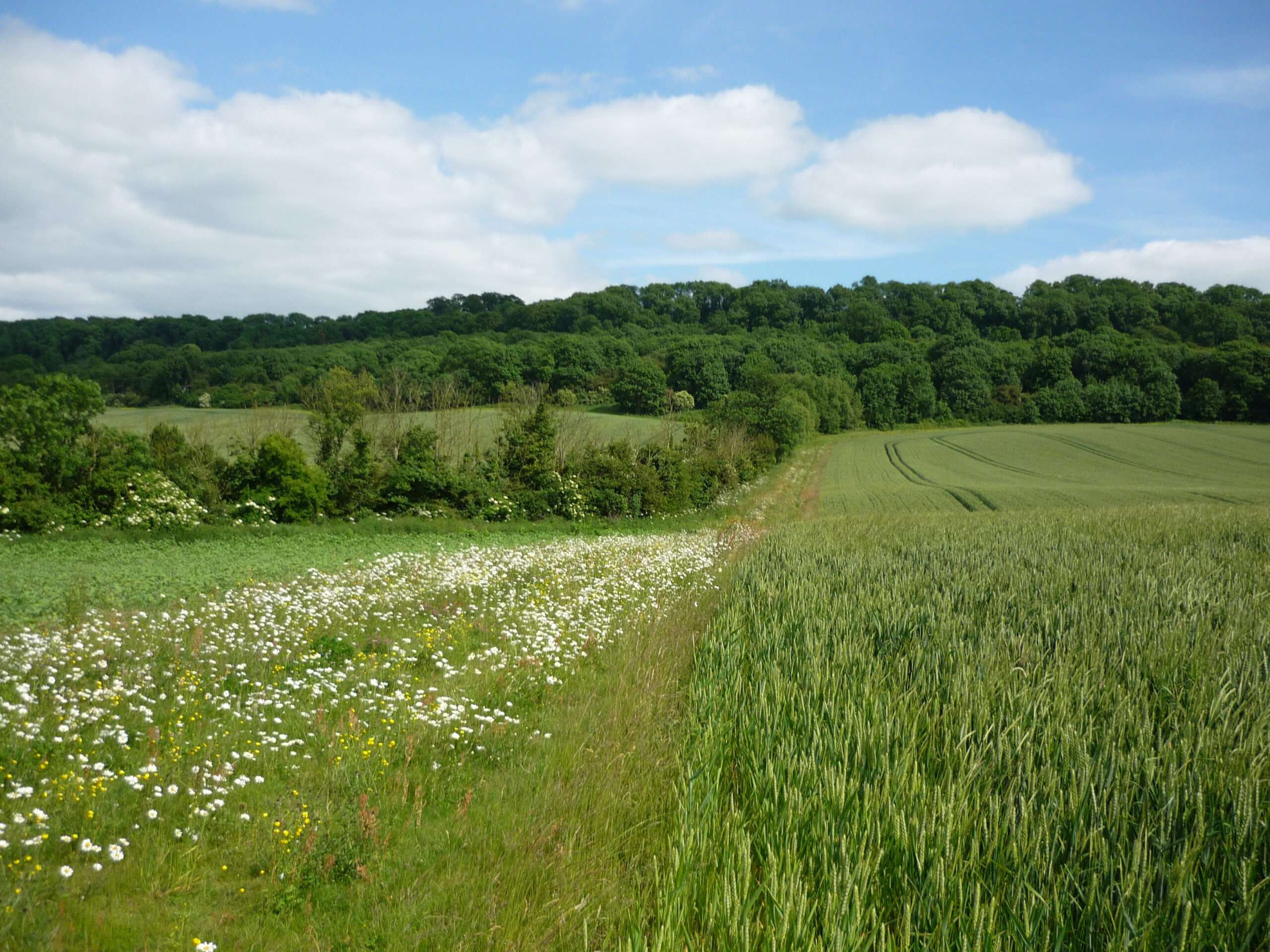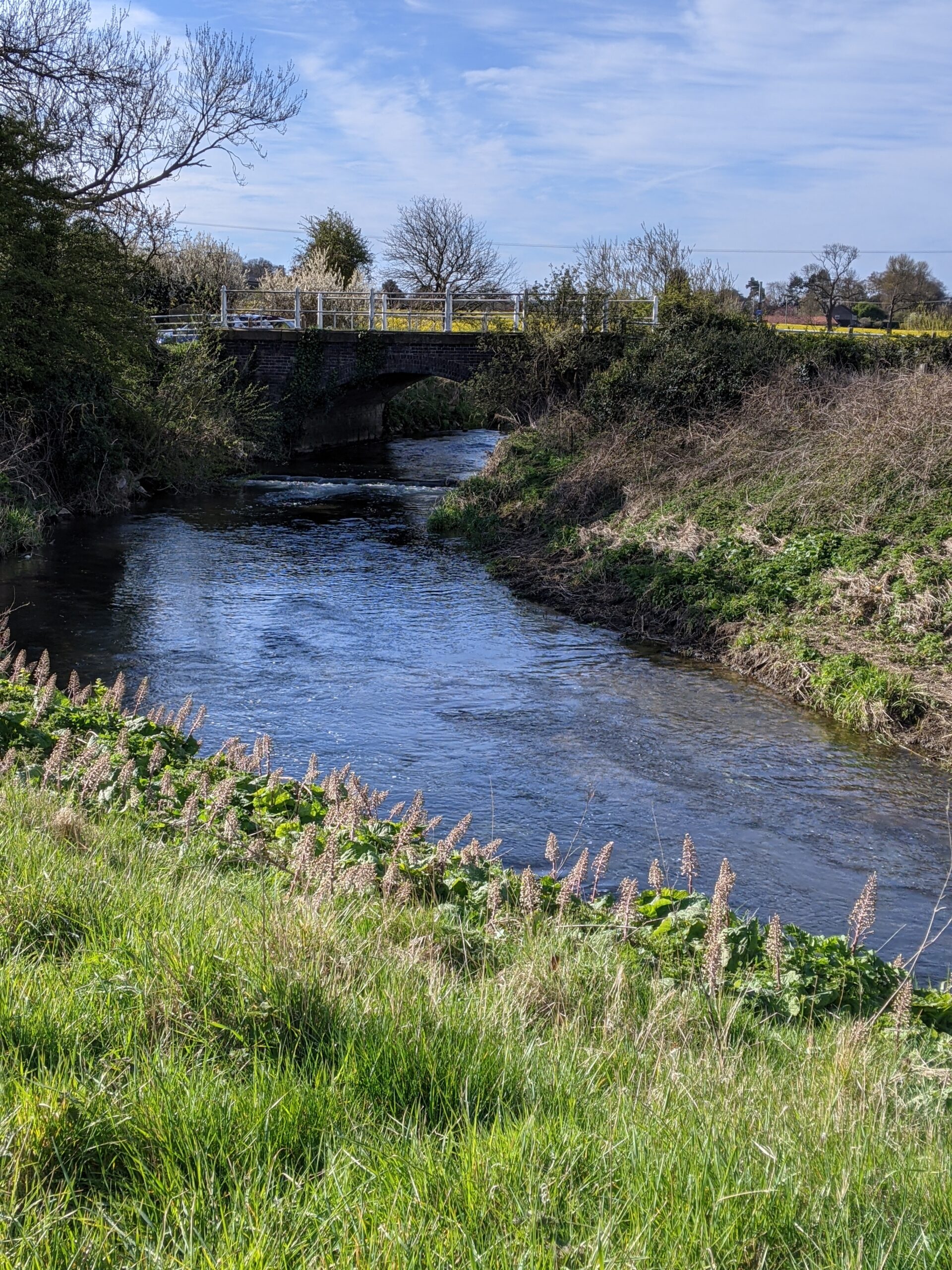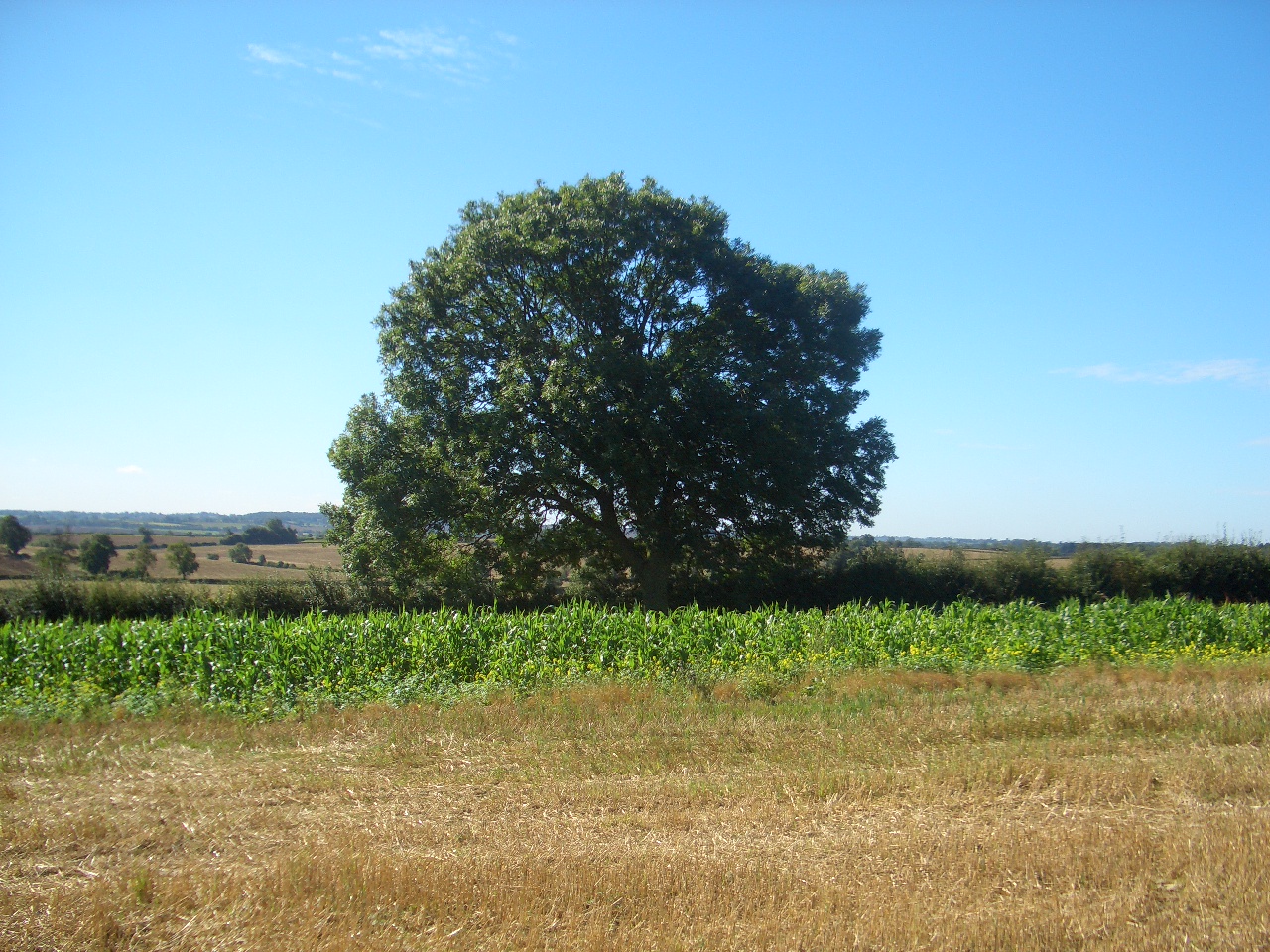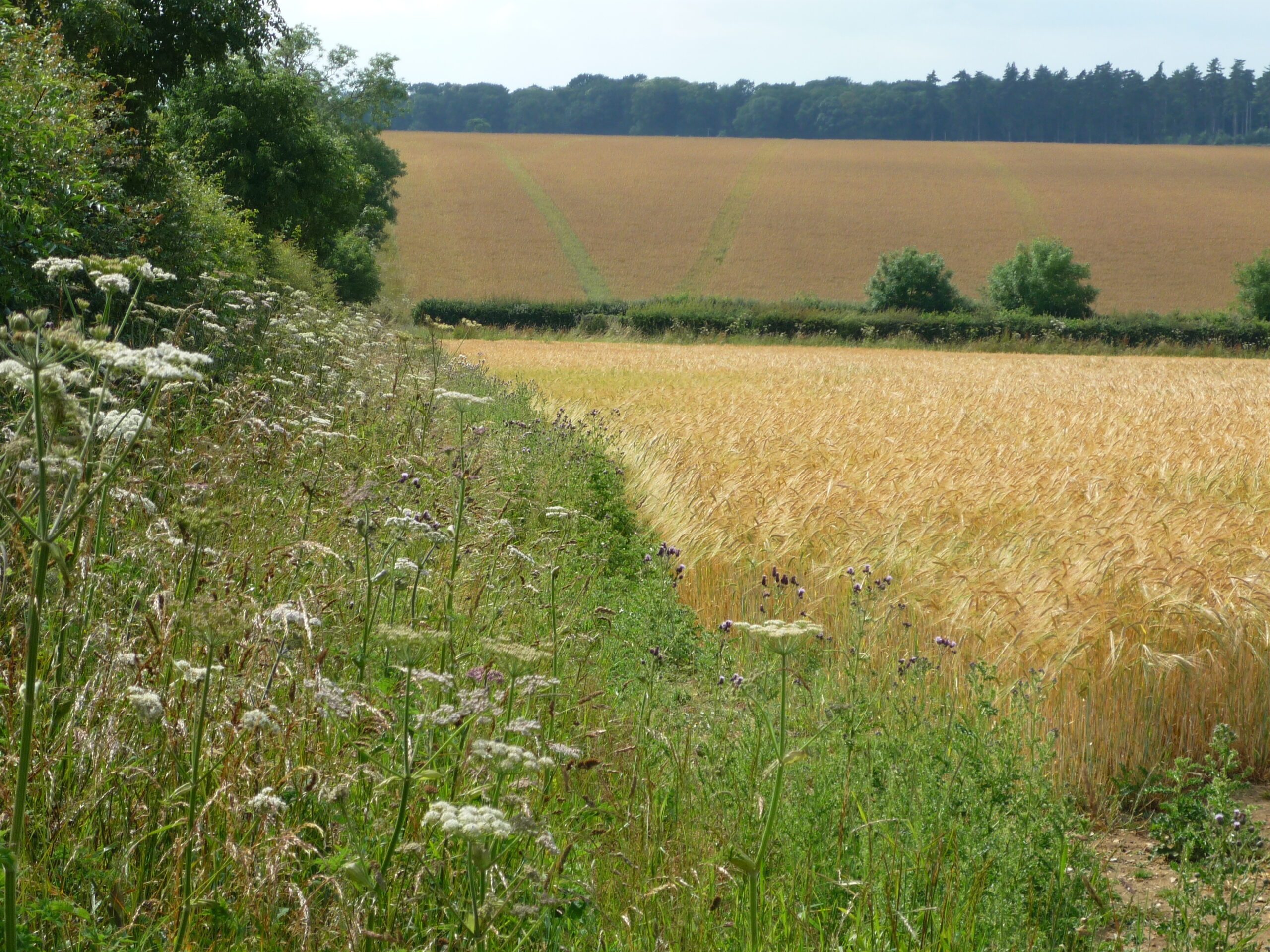The Welsh Government has provided some outline guidance on the new interim enviromental scheme announced in July (see https://abcbooks.co.uk/interim-environment-scheme-in-wales/ ). The new scheme will be called Habitat Wales. There will be a six week application window opening later this year, with 12 month contracts offered, commencing on 1st January 2024. All applications will be via farmers’ RPW online accounts.
The scheme will be available to all eligible farmers and grazing associations, including those who have a Glastir Advanced, Commons or Organic contract which ends on 31st December 2023. Eligible land for the scheme falls into three categories;
- Land currently under a habitat option within a Glastir Advanced contract (including Glastir Commons).
- Habitat land (excluding designated sites), as identified by published maps on DataMapWales which is not currently under management in 2023.
- Land managed as habitat which has potential to become habitat land following management.
All identified habitat land must be included in an application and additional land to be managed as habitat land can be included. Payment will be made for following management requirements. Examples of actions that will be prohibited include;
- Plough/cultivate, reseed or improve habitat
- Apply any inorganic or organic fertilisers such as farmyard manure, slurry, sewage sludge, chicken manure or fish meal
- Apply any herbicides, insecticides, molluscicides or any other pesticides (except for spot treatment of invasive species or notifiable weeds)
- Allow the area to be poached (existing gateways, feeding and watering areas are acceptable, providing poached and bare areas are less than 5% cover)
- Apply lime
- Supplementary feed any livestock, except for existing feeding and watering areas
- Cut or top more than 30% of rush or weed species in any one year
The scheme will be competitive and only those applications which achieve the greatest environmental benefits will be selected. There will be no payments for capital works, but applicants can apply for these via the Small Grants – Environmental scheme. Full guidance, including payment rates and information of capping will be available in due course.
